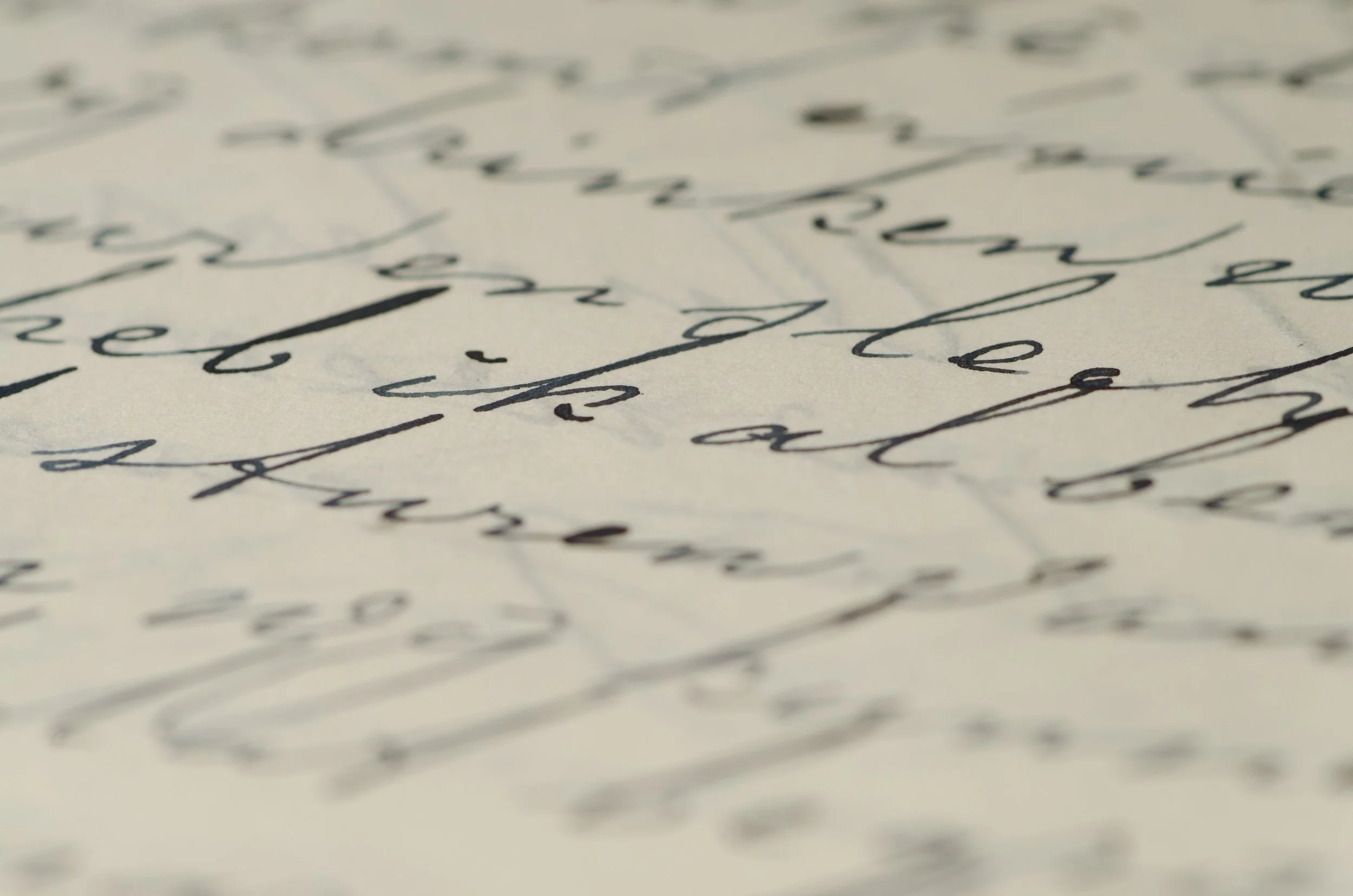Tucked in the corner of my bedroom, I’m writing at a little table remote from the kitchen and living room, which are the hub of the house. I’m hearing planes, cars, and wind. Not my relevant noise, so I can ignore it.
I’m thinking back to a musing about essays, Essay Styles, that I wrote while at a two-week long writing workshop in 2018. After rereading it, I feel a “mosaic” essay coming on: Sentences melded together to create paragraphs. But the paragraphs need a thick application of grout to bind them together.
I need glasses for distance but a different lens for reading. I take my glasses off when I’m at my computer. This morning, I upped my font size from 14 to 18. I am no longer squinting as I write, and I’ve eliminated the rounded-shoulder posture that pointed my nose closer to the screen. Much like the size of clothing, the number doesn’t matter so much as long as that it’s comfortable.
I took pork tenderloins out of the freezer yesterday to thaw for supper tonight. This morning I found recipes for Italian herb crusted pork tenderloin, Italian roasted cauliflower, and fig and arugula salad. We’ve had a bit of a repetitive meal theme of meat, rice, and salad—grilled, plain, and vinaigrette, respectively, so these recipes feel exotic. However, I will keep my homemade vinaigrette on the shelf for backup in case my younger son Liam doesn’t want to venture forth into the fig and arugula arena.
At lunch time, I usually grab a crossword from the stack that Bill builds for me on the shelf of the coffee table. They are from Monday through Wednesday newspapers. These are the easiest crosswords of the week; I don’t want to struggle; I want to complete a puzzle in those twenty minutes. The second time through the puzzle, I readily check the answers and fill in blank pop culture references. While dutifully completing the crossword, I check out the Pluggers cartoon for a laugh, or a groan, with my husband Bill. It was either there or a meme somewhere that I saw a dig at people who are still using two spaces after a period. That simply will happen in my writing, for double tapping the space bar after a period is as ingrained in my fingers as inhaling and exhaling is in my lungs.
My alarm goes off every evening at 9:15 p.m. with the reminder “Get ready for bed and read.” I’m taking a book to bed every evening, and if I can’t get into it in the half hour before lights out, I’m not going to read it. Ruthless, but that’s the only way I’ll get to the page turners. Reading for relaxing should not need to feel like plowing something heavy.
Between Christmas and New Year, my family decided to watch the Harry Potter movies. Everyone knew the story to varying degrees and no one had watched all of the movies. My jump-scare reaction intensified through the last three movies; it gave my sons and my husband comic relief. The first three books are my favorites; the next four grow darker; the last book wouldn’t have made it past the half hour rule I’ve just implemented. However, the movies helped make sense of the ending—together with my older son Will’s background information that filled in the gaps. I want to reread the last couple of books now that I know the general sequence of the story. Rereading: another idea for the year. Why else keep so many already-read books in the house?
In the wee hours of the morning, say four to six, I’m still plugging in twinkle lights on my “tree of light” and lighting candles on the mantle. I love this time of day: the quiet before the rise. For many months, I filled this time with news or social media, but for the last few weeks, I’ve been tuning into myself rather than the world around me. Breathing for 20 minutes. It has proven a good base to leap off from when the 7 o’clock bell chimes announcing the rise of the day.
While breathing in the morning, I’ve found the quietest spot is just after breathing in and before breathing out. A silent accent. A stillness. A lull. So small it goes unnoticed at any other time of the day, and yet it is always there, steadfast, with every single breath.
